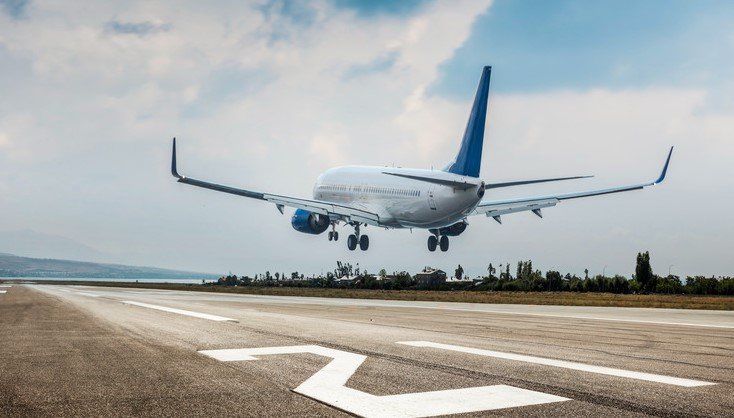A Flydubai flight from Dubai to Tel Aviv made an emergency landing in Riyadh, Saudi Arabia, on September 24, 2025, after a passenger suffered a stroke mid-air. The incident involved about 80 passengers, mostly Israelis, and highlighted quick medical response in a region with complex diplomatic ties.
What Happened on the Flight
The flight took off from Dubai International Airport around 4:17 p.m. local time, heading to Ben Gurion Airport in Tel Aviv. About an hour into the journey, an Israeli passenger experienced a medical emergency, later confirmed as a stroke.
Crew members acted fast, alerting air traffic control for permission to divert. The plane landed safely at King Khalid International Airport in Riyadh, where medical teams were ready on the ground.
Passengers described a tense atmosphere as the situation unfolded. One traveler shared that the cabin grew quiet when the announcement came, with everyone hoping for the best outcome.
Medical Response and Passenger Care
Saudi medical staff quickly took the affected passenger to a local hospital for treatment. Reports indicate the individual received prompt care, marking a rare instance of direct assistance between Saudi Arabia and Israeli citizens.

The flight remained on the tarmac for over three hours while authorities handled the transfer. No other passengers needed medical help, and the plane refueled before continuing.
This event shows how airlines prepare for in-flight emergencies. Flydubai follows international protocols, ensuring crew training for such cases.
Here is a quick overview of key flight details:
| Detail | Information |
|---|---|
| Flight Number | FZ-180 (also reported as FZ1125 in some updates) |
| Departure | Dubai, UAE, September 24, 2025, around 4:17 p.m. |
| Diversion Time | Approximately one hour into the flight |
| Landing Location | Riyadh, Saudi Arabia |
| Reason | Passenger stroke |
| Passengers Onboard | About 80, including many Israelis |
| Delay on Ground | Over three hours |
| Resumption | Flight continued to Tel Aviv later that evening |
Impact on Travelers and Families
Families waiting in Tel Aviv tracked the flight’s unexpected path online, leading to moments of worry. Some relatives feared the worst when they saw the diversion to Saudi Arabia, a country without formal ties to Israel.
Onboard, passengers felt a mix of fear and relief. One account mentioned hearts sinking as the plane touched down in Riyadh, but praise followed for the smooth handling.
The delay pushed arrival times back, but all passengers reached Tel Aviv safely by evening. Airlines often provide updates in such cases to ease concerns.
- Common passenger reactions included confusion and anxiety during the wait.
- Many appreciated the crew’s calm demeanor and clear communication.
- Some shared stories of unity, with travelers supporting each other through the ordeal.
This incident adds to recent travel disruptions in the region, like flight cancellations due to geopolitical tensions earlier in 2025.
Broader Context in Regional Relations
The diversion occurs amid warming ties between Israel and some Arab nations, fueled by the 2020 Abraham Accords. Saudi Arabia, while not part of those deals, has allowed overflights and now this emergency landing.
Experts see it as a sign of practical cooperation in humanitarian situations. Similar events, like medical aid during flights, build quiet bridges despite official stances.
In 2025, air travel between the UAE and Israel has grown, with Flydubai operating regular routes. This event underscores the human side of aviation amid global changes.
Lessons from the Emergency
Airlines worldwide face medical issues on flights, with strokes being rare but serious. Data from aviation bodies shows about one in-flight medical diversion per 600 flights globally.
Preparation includes onboard defibrillators and trained staff. This case highlights the need for international teamwork, especially in sensitive areas.
Looking ahead, such incidents could encourage more formal agreements on emergency protocols between nations.
We invite you to share your thoughts on this story in the comments below or spread the word by sharing this article with others interested in global news and travel safety.
